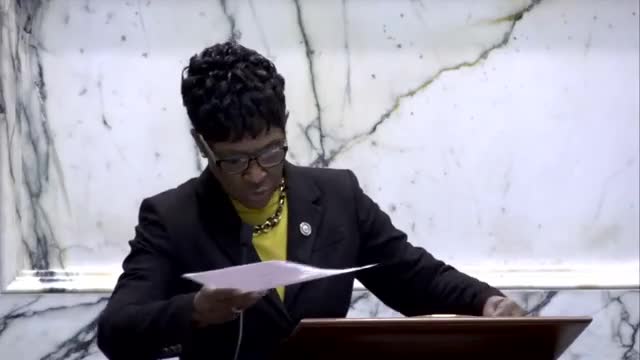Article not found
This article is no longer available. But don't worry—we've gathered other articles that discuss the same topic.
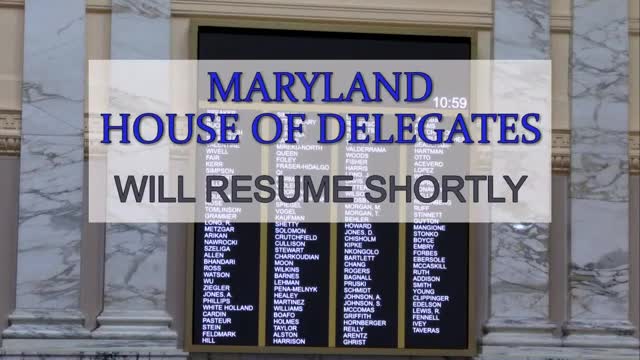
Votes at a glance: House passes multiple bills on final passage and adopts committee amendments
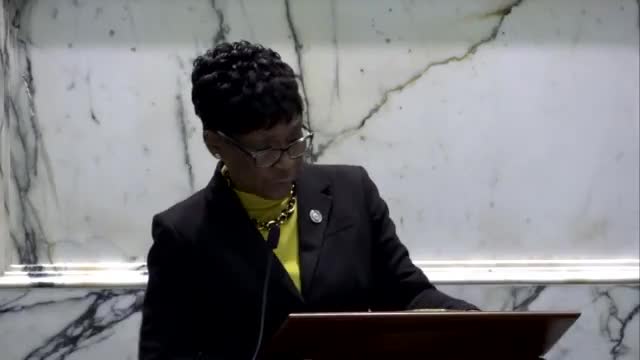
House advances bill to create a state-funded "navigator" for nonprofits; sponsor says role will help groups find state grants
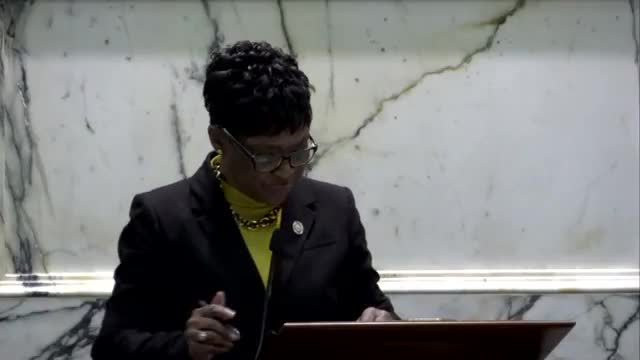
House adopts study and restrictions on certain corrugated stainless steel tubing; bill aims to prevent future firefighter deaths
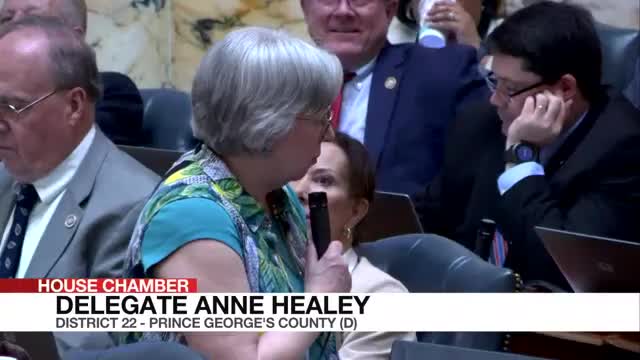
Delegates approve moving bill allowing municipalities to raise code-enforcement fines up to $5,000
